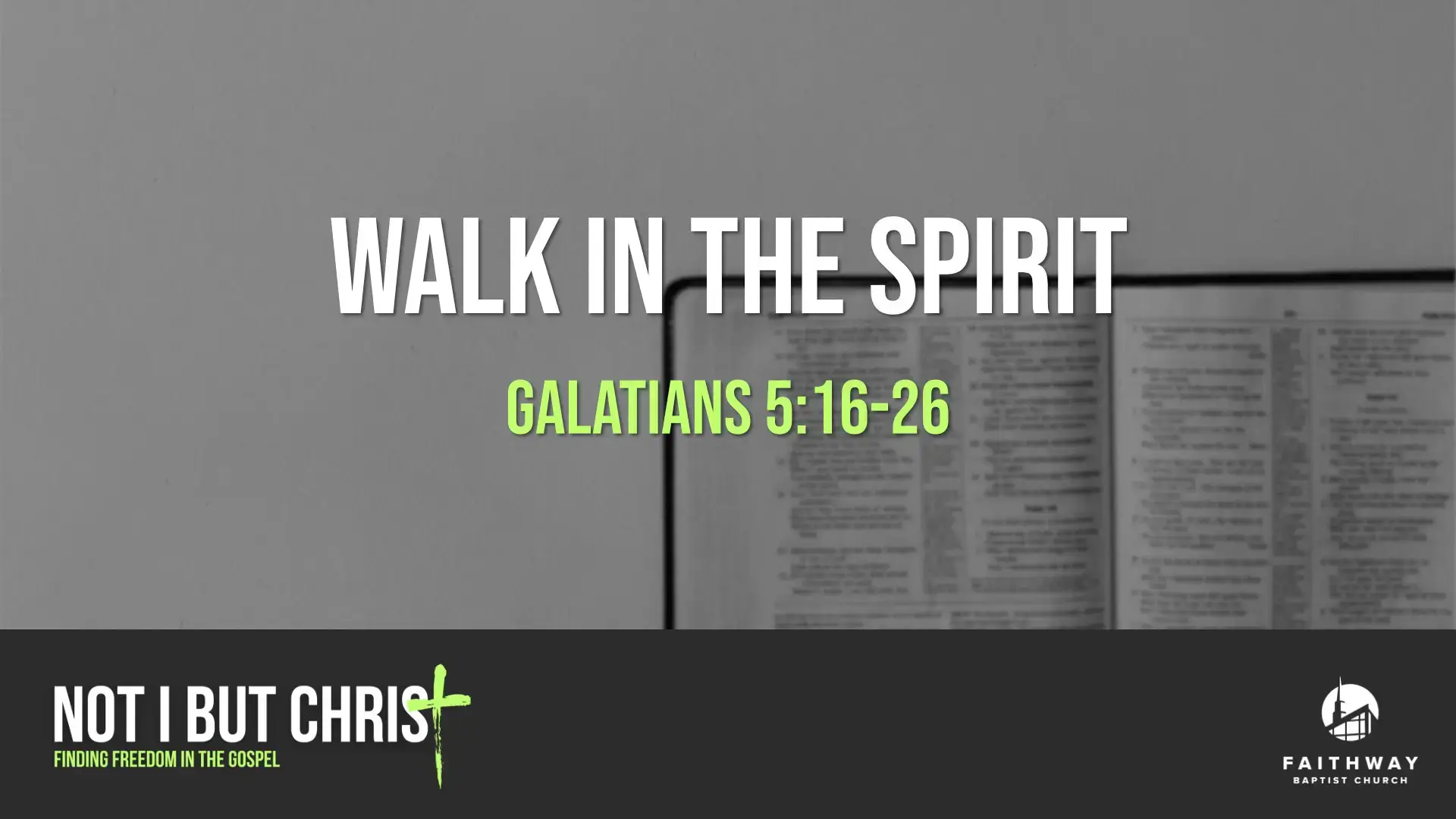In the final instalment of the “I Am” statements of Jesus, we turn our attention to John 15:1–5, where Christ declares, “I am the true vine.” This declaration, made just before His betrayal and crucifixion, is a foundational truth for understanding our identity and purpose as believers. Jesus calls us not just to believe in Him but to abide in Him to live in deep, ongoing connection that results in a transformed and fruitful life. In this passage, He outlines four essential truths that guide us toward genuine fruitfulness in the Christian life.
Recognize the Identity of the Vine (Verse 1)
Jesus opens this powerful discourse by stating, “I am the true vine, and my Father is the husbandman.” This isn’t just a poetic metaphor, it is a theological declaration. The image of the vine was long associated with Israel, seen throughout the Old Testament (notably Isaiah 5:1–7), where God compares Israel to a vineyard that failed to produce good fruit despite His care. Now, Jesus reveals a dramatic shift: He, not Israel, is the true vine.
This shift signifies that God’s work is now centred on Christ and extended through those who are connected to Him, the Church. Jesus is the genuine source of life, purpose, and productivity. To recognize Him as the true vine is to acknowledge that no other system, identity, or religious structure can produce the life God desires. Only through Jesus can we receive the nourishment needed to grow and thrive.
Respond to the Work of the Vinedresser (Verse 2)
In verse 2, Jesus describes the Father’s active role as the vinedresser who removes fruitless branches and prunes fruitful ones so they may bear even more fruit. This truth cuts to the heart of our spiritual development. God is not a passive observer, He is intimately involved in shaping our lives, often through discipline or pruning.
While pruning can be painful, it is always purposeful. Whether it’s removing distractions, confronting sin, or calling us to deeper obedience, God’s actions are designed to increase our fruitfulness. Our response to His work determines whether the process produces growth or resistance. It’s also a reminder that Christian life is dynamic—you are either moving forward in Christ or drifting backward. Remaining stagnant is not an option.
Remain Cleansed by the Word (Verse 3)
Jesus continues, “Now ye are clean through the word which I have spoken unto you.” The Word of God has a cleansing effect it purifies, corrects, and renews us. While pruning is sometimes necessary, regular submission to God’s Word can prevent the need for harsher measures.
Scripture isn’t merely informational; it’s transformational. When we allow the Word to shape our thinking, guide our actions, and confront our sin, we remain spiritually healthy and fruitful. This cleansing is continuous. Abiding in Christ involves an ongoing openness to His truth. Many of life’s painful lessons could be avoided if we simply lived by what we already know from God’s Word.
Rely on Christ for Fruitfulness (Verses 4–5)
Finally, Jesus issues a sobering but freeing truth: “Abide in me, and I in you… for without me ye can do nothing.” Any effort to live a meaningful Christian life apart from Christ is futile. Our fruitfulness doesn’t come from striving or strategy but from abiding.
To abide means to remain, to dwell, to stay connected. This connection to Christ is not just positional but practical. It’s about daily dependence, recognizing that we can’t be loving, holy, generous, or effective for the kingdom apart from Him. Jesus is not only the source of life; He is the sustainer of every good work in our lives. Self-sufficiency is the enemy of spiritual growth.
Conclusion
In a culture that values independence and self-made success, Jesus’ message in John 15 is radically countercultural. He calls us to a life of abiding. Staying rooted in Him for every need, every purpose, and every fruit we bear. As branches of the true vine, we are not called to produce fruit on our own, but to stay connected to the One who does.
So ask yourself: Are you truly connected to Christ? Are you responding to the Father’s pruning? Are you remaining in His Word? And are you relying fully on Jesus for spiritual fruit?
Because apart from Him—you can do nothing.










